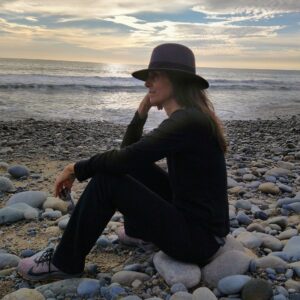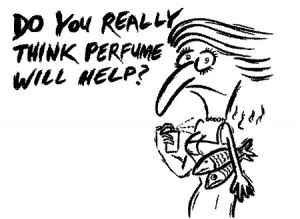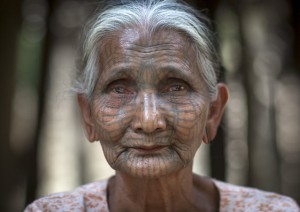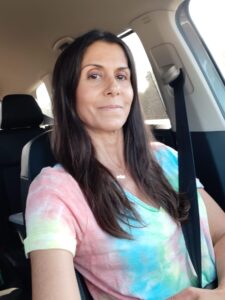
Hmmm, am I average or beautiful?
A few weeks ago I watched the very controversial “Choose Beautiful” video, which was the new installment of Dove’s original campaign called “Campaign for Real Beauty,” first launched in 2004 and meant to empower women and boost their self-esteem. The first campaign came about as a result of a study titled, “The Truth About Beauty,” which was conducted by Dove with the input of world-renowned academics. Their goal was to explore the notion of beauty in women today, and what they found was that a mere 4% of women from around the world considered themselves beautiful, and at least 75% of women would have preferred to see diversity in the images of beauty, which are broadcast daily through film and all other forms of media. So this, in fact, was the genesis of the campaign that began to introduce images of women who did not fit the bill of traditional beauty because they had gray hair or a flat chest etc., but nevertheless, for the first time they were given the platform that was usually reserved for “traditional” beauties.


